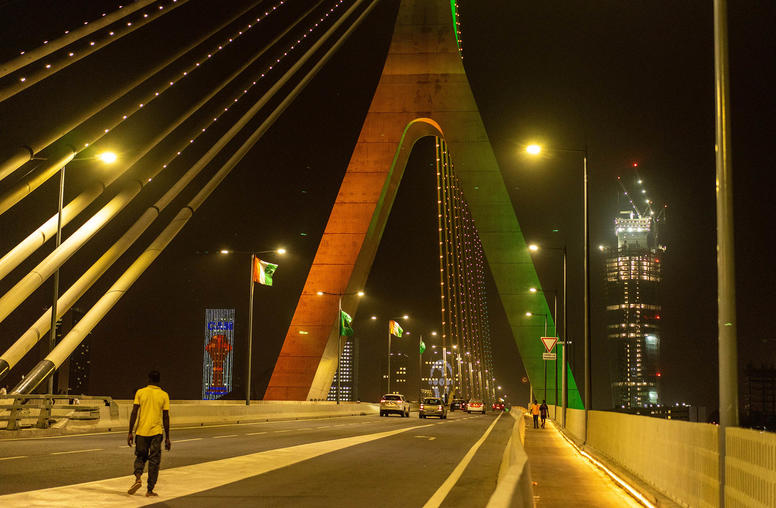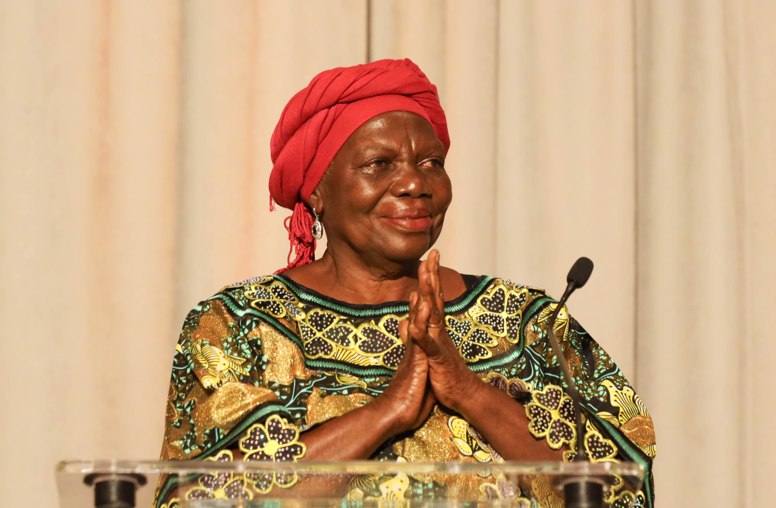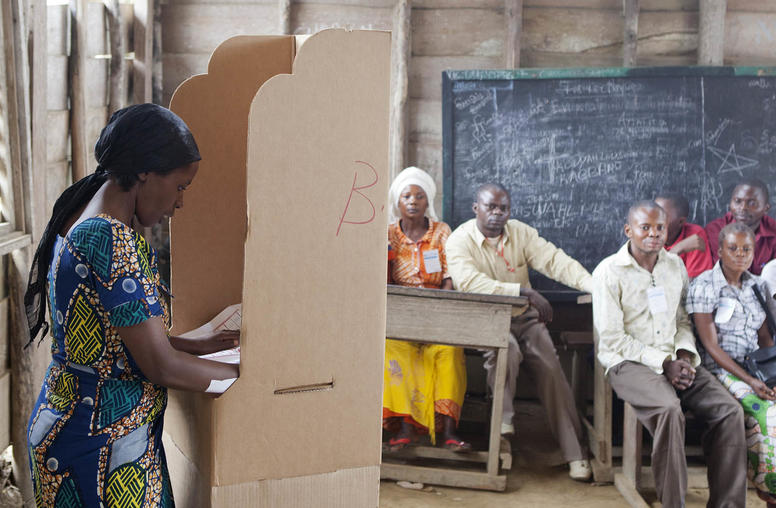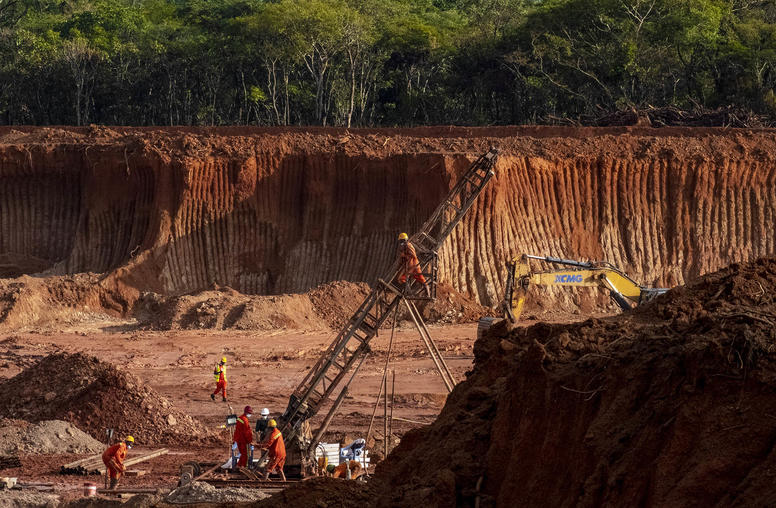High Stakes: New Reports on the Democratic Republic of Congo
This November, the Democratic Republic of Congo (DRC) will hold the first round of presidential elections amidst decreasing levels of human security and stability. USIP and the Great Lakes Policy Forum hosted a discussion on how the United States and the international community can defuse a potential political crisis in the DRC. Over the past two years, USIP has actively undertaken projects on improving governance in the DRC through its diaspora dialogue series and a focus on peace, development, and anti-corruption
This is a year of high stakes in the Democratic Republic of Congo (DRC). The United Nations Organization Stabilization Mission in the Democratic Republic of Congo (MONUSCO) is due for renewal by the end of June and elections will be held before the end of this year. Meanwhile, a new report has documented that sexual violence in the DRC is occurring at much higher rates than previously reported and is less concentrated in North and South Kivu and other conflict affected areas. Moreover, elections preparations are worryingly behind. With human security at such low levels and uncertainty about the upcoming polls, recent reports state that the DRC could face renewed political crisis. What are the underlying reasons for these problems and how should the United States and the international community respond to such high stakes in the DRC?
Moderator:
- Laura Seay
Professor, Morehouse University
Blogger, TexasinAfrica
Speakers:
- Joshua Marks
Central Africa Program Officer, National Endowment for Democracy - Tia Palermo
Assistant Professor, Stony Brook University



